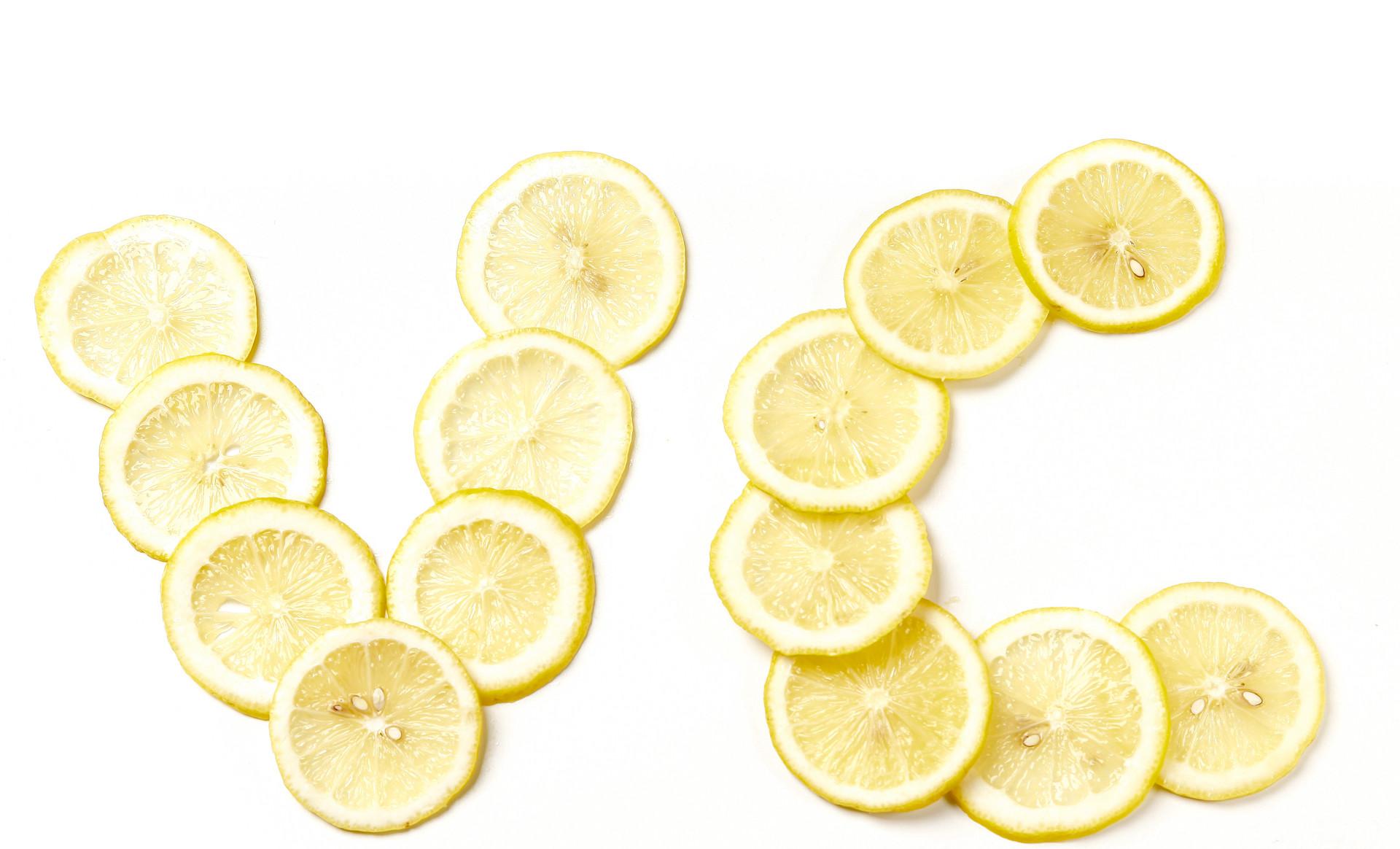Author: Luo Qian, Fifth Affiliated Hospital of Guangzhou Medical University
<h1 style="text-align:justify;" What is vitamin C >? What happens when it's lacking? </h1>
Vitamin C, also known as vitamin C and L-ascorbic acid, is an essential ingredient in our body and can be used as a nutritional supplement to prevent or treat scurvy. It is made by metabolism in most organisms, but humans cannot make it. Vitamin C deficiency can cause scurvy, manifested by extreme fatigue, muscle weakness, skin swelling and pain, bleeding gums, bad breath, subcutaneous and muscular blood vessel rupture and bleeding, joint weakness, bone weakness that leads to fractures, prostration, diarrhea, lung and kidney failure leading to coma and death. Vitamin C is associated with collagen synthesis and vascular elasticity, and people with frequent nosebleeds may be deficient in vitamin C. There is often bleeding gums, or no force collision, but there are many dark bruises and bruises on the body, which is also one of the symptoms of vitamin C deficiency.

<h1 style="text-align:justify;" What are the > vitamin C effects? </h1>
Vitamin C has many effects, let's take a look at the following:
1. Participate in adrenaline secretion.
2. Participate in the synthesis of collagen, help cell repair, promote wound healing, and renew the skin.
3. Reduce the content of cholesterol in the blood, reduce the LDL content in the blood, increase the HDL content in the blood, and prevent and treat arteriosclerotic cardiovascular disease and hypertension, stroke, etc.
4. It can reduce the pressure of liquid in the eyeball and reduce the symptoms of glaucoma.
5. Strengthen the immune system and increase the concentration of antibodies such as IgA, IgG and IgM in the blood. Promotes phagocytosis and filtration of viruses and bacteria by white blood cells and lymphocytes.
6. Help the absorption of calcium, phosphorus, iron and other minerals in the small intestine.
7. It can effectively remove free radicals produced by peroxidated lipids, smoking, drinking, insect and snake bites and many chemical toxins.
8. Maintain the motility of sperm in the testicles.
9. Maintain the brain and nervous system to control the work of the mind and muscles.
<h1 style="text-align:justify;" What's the harm in > taking it in large amounts? </h1>
Vitamin C is generally well tolerated, and taking large doses (more than 1 g per day) may cause diarrhea, headache, stomach cramps, nausea, vomiting, reddening and bright skin, and may cause urate, cysteine, or oxalate stones. Frequent urination may occur with daily doses of more than 600 mg.
<h1 style="text-align:justify;" What are the foods > rich in vitamin C? </h1>
Vitamin C is water-soluble, vegetables and fruits should be washed and then cut first, so as to avoid vitamin C dissolved in water and cause losses. At the same time, it is easy to oxidize, and the cut vegetables should be cooked in time to avoid being exposed to the air for a long time. The yellowing of the fruit after cutting gradually turns brown, and the vegetables are overcooked and turn black, all of which indicate that vitamin C is oxidized.
<h1 style="text-align:justify;" what is the daily intake of vitamin C >? </h1>
General food intake can provide the amount required by the human body, and for pregnant women, smokers, eating difficulties or stressors need to take a little more. Chinese Pharmacopoeia daily recommendations: 50-60 mg for adolescents and adults, 70 mg for pregnant women, 90-95 mg for nursing mothers, 100 mg for smokers.
<h1 style="text-align:justify;" > common dosage forms of vitamin C and how to take it? </h1>
Vitamin C tablets were previously extracted from fruits and are now synthesized from glucose using chemical and fermentation methods.
Commonly used oral dosage forms are: vitamin C tablets, vitamin C granules, vitamin C effervescent tablets, vitamin C dispersible tablets, vitamin C capsules, vitamin soft capsules, vitamin C chewable tablets, etc.
Vitamin C tablets, capsules, softgels: Take directly with water.
Vitamin C effervescent tablets: It is strictly forbidden to directly put the tablets into the mouth or swallow. Use 100-150ml of cold or warm boiled water until the drug is completely dissolved or the bubbles disappear before taking. (The water temperature should not exceed 80ºC, drink it now, it is not recommended to take it again after 10min)
Vitamin C dispersible tablets, granules: dissolve in 100-150ml of cold or warm boiled water. (The water temperature should not exceed 80ºC, and it is not recommended to take it again when it is brewed and placed for more than 10 minutes)
Vitamin C chewable tablets: can be chewed directly in the mouth and swallowed or taken with water, pay attention to the excessive use of chewable tablets will cause damage to tooth enamel.
The above is the original work of the volunteers of the "Drug Safety Cooperation Alliance", if you reprint, please indicate the author and source!
【Medicine Shield Public Welfare】PSM Pharmaceutical Shield Public Welfare (public number: PSMChina), a public welfare organization jointly initiated and established by the China Over-the-Counter Drug Association, the Chinese Pharmaceutical Association, etc., gathers resources, gathers strength, and promotes the safety of public medication.